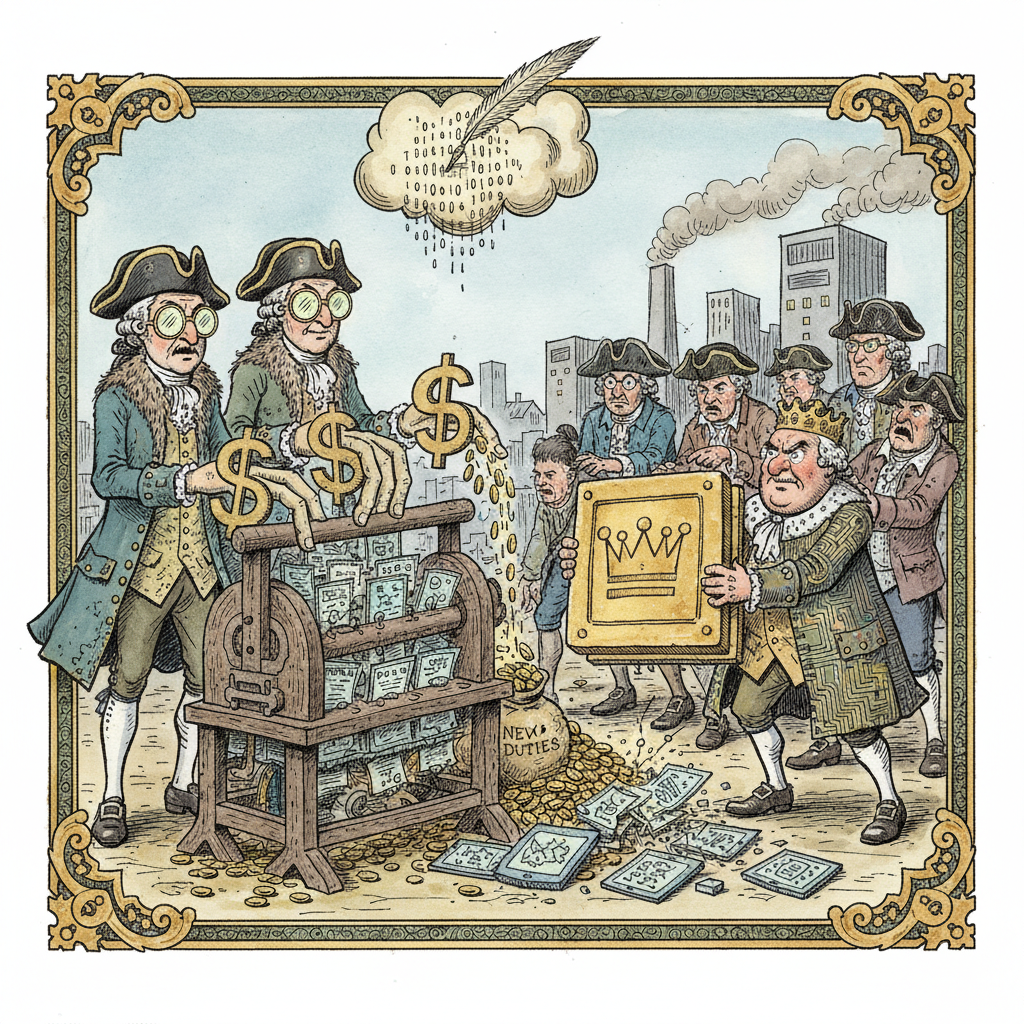In an era increasingly defined by the architecture of digital platforms, a recent development in the ongoing contest for technological dominance has brought into sharp relief the contemporary implications of controlled access.
Details:
- Reports confirm that MANGO, the rapidly ascending consortium of innovation, has ostensibly surpassed the long-reigning FAANG collective in terms of market capitalization and influence.
- Crucially, the granular insights into this pivotal shift, including the specific metrics of MANGO's ascent and FAANG's strategic recalibrations, are now universally sequestered behind proprietary 'paid plans,' mirroring the colonial-era imposition of duties on printed materials deemed essential for public discourse and commerce.
- This new fiscal barrier ensures that comprehensive understanding of the digital economy's seismic shifts is reserved for a select few, effectively establishing a modern equivalent of the revenue acts that once dictated the flow of information and trade within the British Empire's colonies.
Why it Matters:
The historical record is replete with examples of how restricted access to information, coupled with arbitrary levies on communication and commerce, can erode the foundational principles of a free society. When the intricate mechanics of national and global markets become a commodity accessible only to those willing or able to pay an additional tariff, the very notion of an informed citizenry, capable of self-governance, faces a fundamental challenge. This is not merely a corporate strategy; it is a profound redefinition of the public square, where the right to know and the capacity to engage are increasingly subject to the will of private entities, much as the colonists once chafed under the economic strictures of a distant, unaccountable authority. The 'paid plan' may appear a benign innovation, yet its precedent echoes with the grave implications of duties once levied on a newspaper, a legal document, or a pack of playing cards—instruments essential to the daily operation of a free society, now rebranded as premium content.
